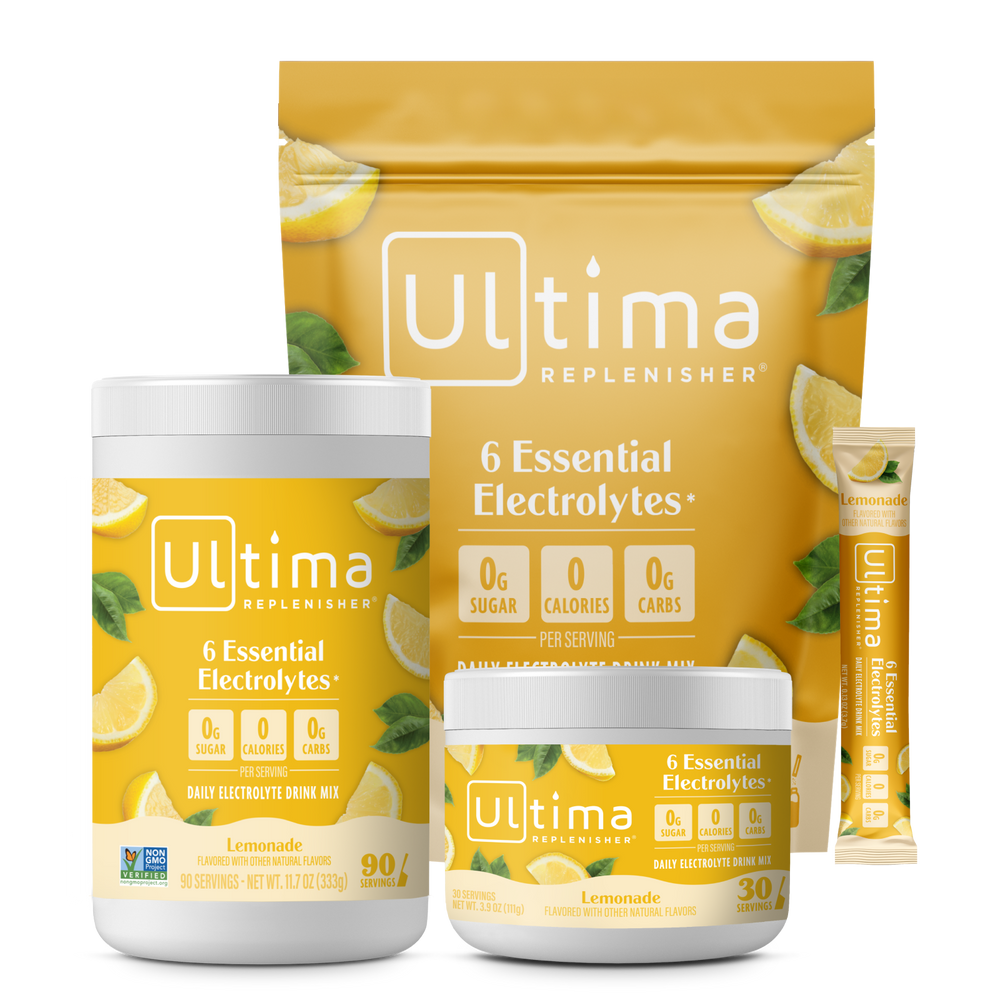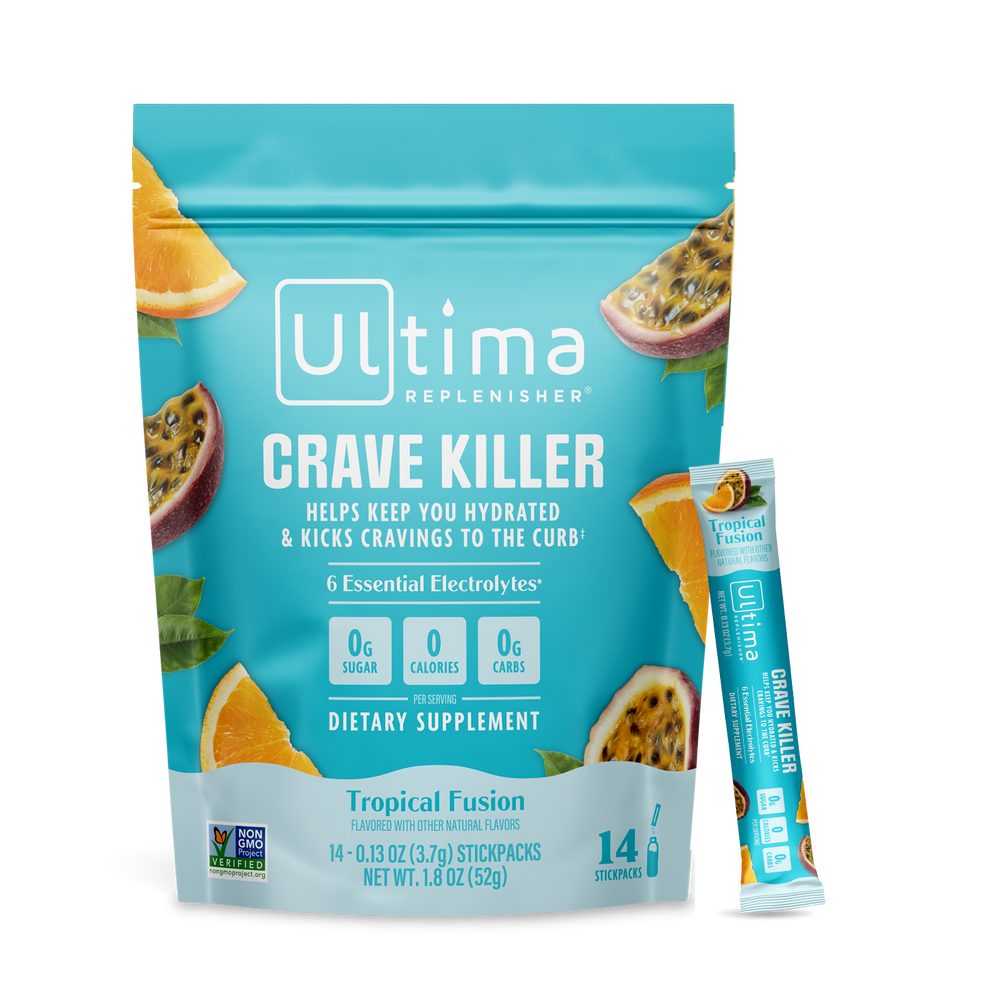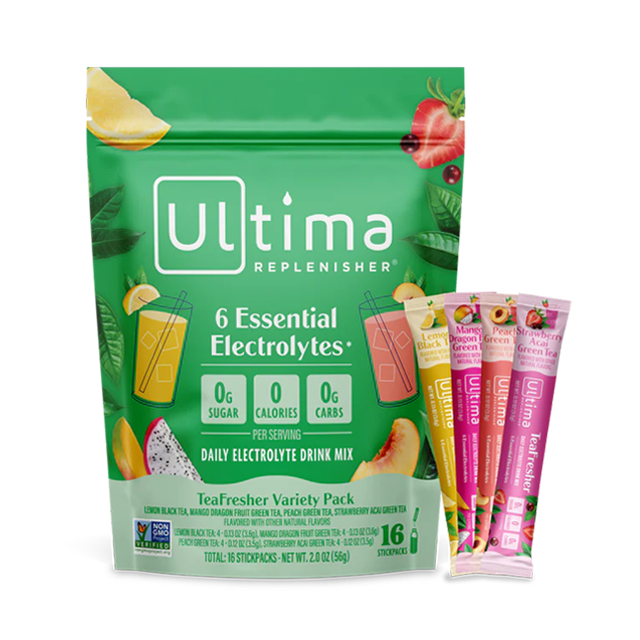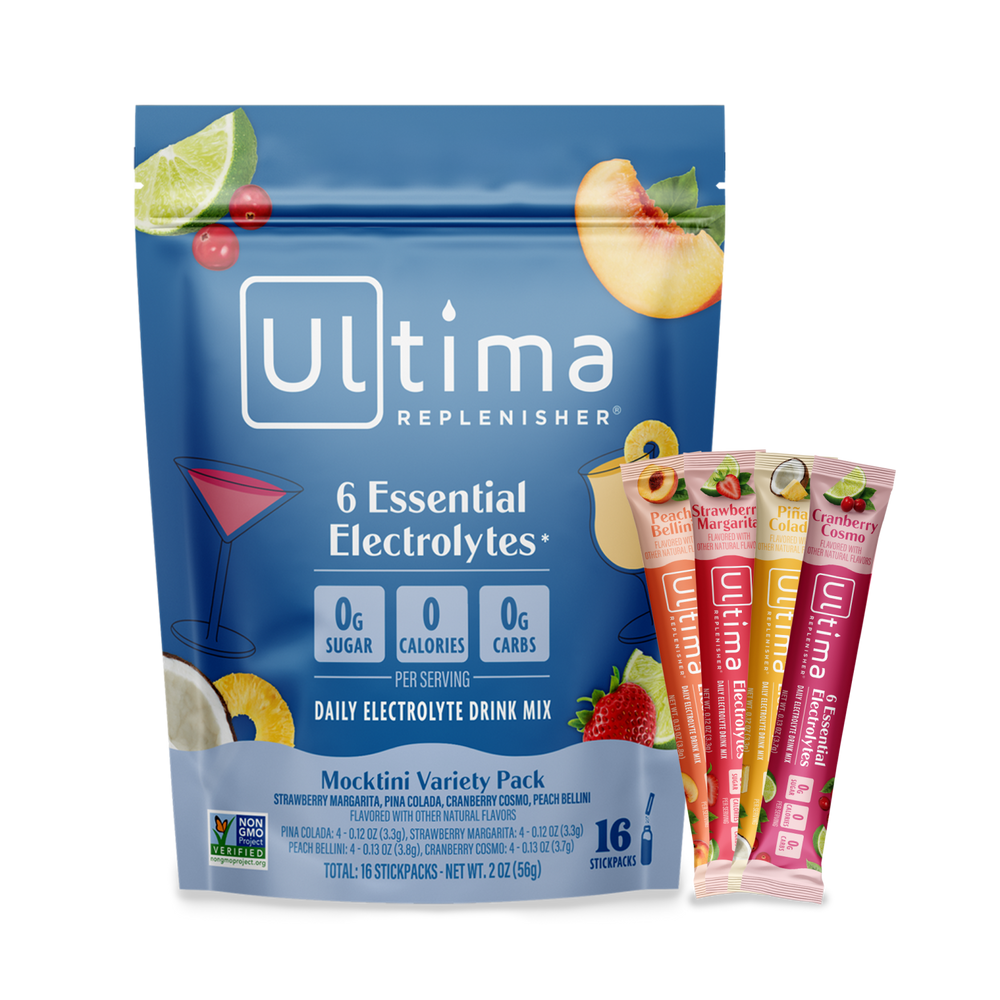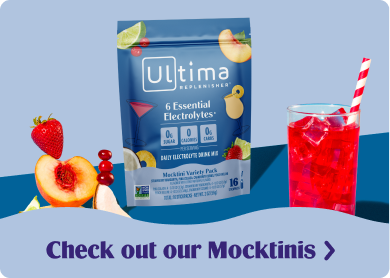
How Hydration Impacts Heart Health & Hypertension
This article is for information only and is not to be considered as medical advice. Please talk to your doctor before making any changes that could affect your health or treatment plan.
____________________
When it comes to protecting heart health, you often hear about the importance of eating right and exercising. But there's another key piece that sometimes gets overlooked—daily hydration.
All parts of the human body need water to function properly. Blood is 50% water and your heart is about 75% to 80% water. So, it makes sense that hydration and dehydration can significantly affect your blood pressure and heart health.
Even minor daily dehydration can take a toll. Let’s take a quick look at why and how being more mindful around hydration can make a difference.
How Hydration Affects Your Heart
Your heart is a hard-working muscle, pumping blood throughout your body non-stop. When you're well-hydrated, your heart doesn't have to work as hard to pump blood. The oxygen and nutrients in blood easily flow to your brain, vital organs and all parts of your body.
When you're dehydrated, the amount of water in your blood decreases so the blood becomes thicker, which means the heart has to pump faster to circulate blood throughout your body.
Over time, if your heart keeps having to work harder, the resulting wear and tear can increase your risk of heart-related issues. In fact, researchers at the National Institutes for Health suggest that staying well hydrated can support long-term heart health and reduce the risk of developing heart failure and heart disease.
How Hydration Affects Blood Pressure
Blood pressure is the force of your blood pushing against the walls of your arteries. As you may have guessed after reading the previous section, when the force required to move that blood is consistently high, it puts a strain on your heart and blood vessels. The result is high blood pressure, also called hypertension.
Drinking enough water can play a big role in keeping your blood pressure within a healthy range. When you're dehydrated, your body tries to conserve water by retaining sodium. This sodium retention can increase your blood pressure. Dehydration can also cause your blood vessels to constrict or tighten, which also raises blood pressure.
By staying hydrated, you help your body maintain a balance of fluids and electrolytes, which helps keep your blood pressure stable.
If you have been diagnosed with high blood pressure, you’ll want to talk to your doctor about your recommended fluid intake because some blood pressure medications can be dehydrating too.
Electrolytes and the Heart
If you’re an Ultima regular, you may already know electrolytes are vital for heart function, regulating blood pressure, muscle contraction and more.
- Magnesium plays a critical role in limiting inflammation and supporting a healthy heart rhythm, heart and blood vessel health, and blood pressure. However, it’s estimated that at least half of Americans aren’t getting enough magnesium.
- Potassium supports the heart muscle and nerve transmission and is thought to help reduce the risk of heart rhythm disorders, stroke and other heart diseases.
- Calcium helps support a healthy heart rhythm and blood pressure.
- Chloride can help prevent irregular heartbeat and helps maintain fluid balance. It also helps the body absorb calcium and potassium.
- Sodium at healthy levels can help with blood circulation and works with potassium to help with healthy cell, nerve and muscle function.
Beware of electrolyte drinks with excess sodium. While these might be appropriate for during and after intense exercise or long-distance events, overall high sodium intake can lead to high blood pressure.
What you want is a good balance of electrolytes, which you can maintain through food and drink. Instead of loading up on sodium, Ultima Replenisher electrolyte powders contain six vital electrolytes for a healthy balance—even our Mocktinis contain the same six electrolytes as our other mixes. Our electrolyte mixes can fit into your hydrating plan quite easily and bring delicious plant-based flavors with no sugar or artificial sweeteners.
Staying hydrated is one of the simplest and most effective ways to support your heart and blood vessel health. It’s one of the easiest ways to support your overall health too. If you have heart failure, kidney problems or any other health condition, you’ll want to talk to your doctor about the right hydration plan for your personal needs.
